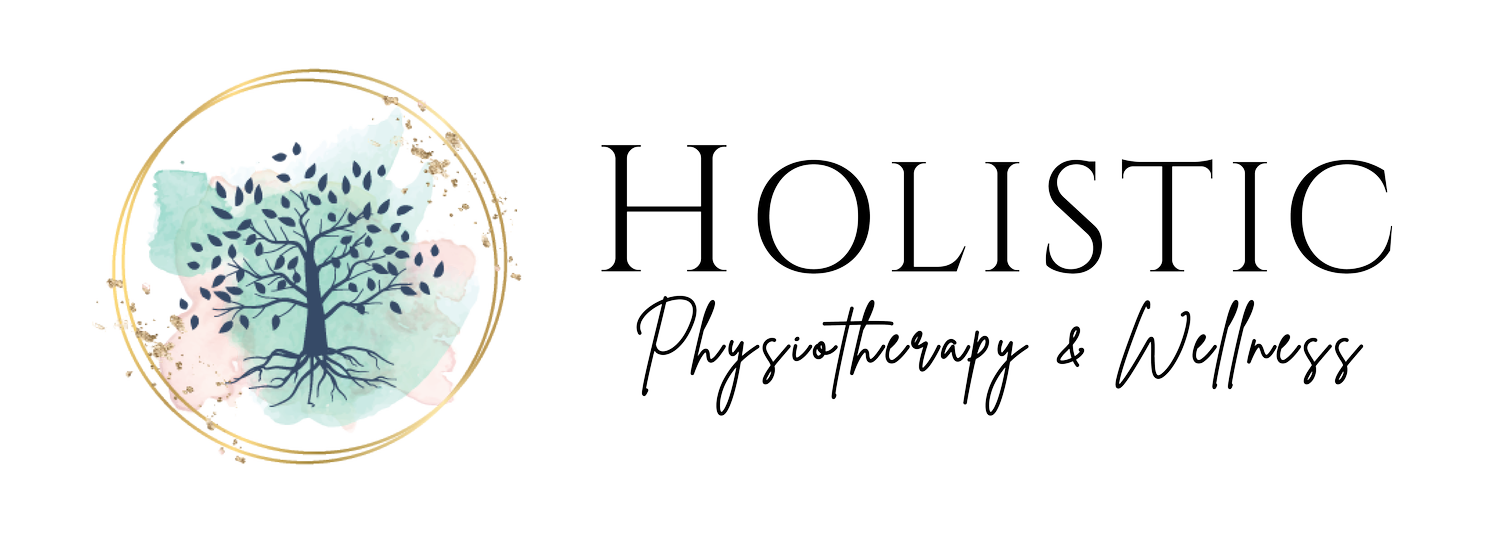
Our Blog
Made especially for you.
Explore our vast collection of research-based blogs that were created with purpose of enhancing your health & wellness.
Search our articles
How to Complete the Stress Response Cycle
Blame it on our ancient DNA. Our prehistoric ancestors lived in the wilderness, constantly on high-alert of danger and probably ran for their lives on a near-daily basis. It was the stress response cycle - the way our body leaps into action as soon as it perceives a threat - that kept them alive. Today, it’s what’s stressing us out!
What came first - Stress or Indigestion?
You are a better communicator than you realize! Did you know that your brain is in constant communication with – of all things – your gut? That’s why an uncomfortable conversation can induce butterflies or loose bowel movements and why you might not feel like your usual perky self when your stomach is off.
Understanding The Mind-Body Connection
Few of us live a life exempt from loss or pain. Anyone who has lost a loved one too soon or gone through a bad breakup can recall not only their emotional reaction but their physical reaction as well. The loss of appetite, fatigue, insomnia. Heartache is something most of us can relate to, but why? How does an emotional event lead to physical symptoms?
Understanding Your Nervous System: A Guide to Balance and Well-being
To truly understand the incredibly complex processes going on in any part of your body, especially one as intricate as your nervous system, you would probably need a PhD in neuroscience. Assuming you don’t have that degree or the time to study for one, we’re going to use this week’s blog to give you a ‘tip of the iceberg’ glance at your own nervous system.
Complete The Stress Cycle
Your body speaks a different language than you do. Your body responds to a stressful situation through a flight or fight response, which is essentially a quick release of hormones. Your body completes the stress cycle by – literally – working it out. Run, bike, swim, or dance. Any kind of physical activity that makes you move and deepens your breathing will signal to your brain that the threat has passed. Try it for 20-60 minutes a day, every day if possible. After all, most humans experience stress on a daily basis.
Fast and faster - Fatigue recipe
Fatigue, burnout and exhaustion can be states that we live or survive in for short or long periods of time. Recognizing the signs of fatigue can be masked and tucked away until we are hit smack in the face with them. Physiotherapist Lindsey Tasker Cole dives into what fatigue looks like and how Physiotherapy can help!






